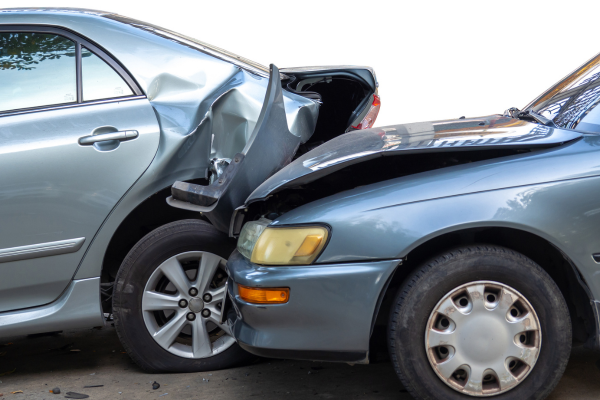
If you’ve been involved in a car wreck, you’re likely dealing with a lot: vehicle damage, medical issues, insurance headaches, and more. One common question people ask after an accident is, ‘Can I get a rental car?‘ And just as importantly: Who pays for it? The short answer is yes. If your car is not drivable or is being repaired due to an accident, you can typically get a rental vehicle. However, whether you’re paying out of pocket or someone else is covering the cost depends on several key factors, including who was at fault and the type of insurance coverage in place.
If the Other Driver Was At Fault
When the other driver is clearly at fault for the accident, their insurance company is generally responsible for covering your rental car expenses. This falls under their property damage liability coverage.
However, there are a few things to keep in mind:
- You must wait for liability to be accepted. Insurance companies don’t pay out rental costs unless they’ve determined their driver was at fault. This process can take a few days or longer if the facts are disputed.
- You may need to pay upfront and be reimbursed. In some cases, you’ll need to rent the vehicle yourself and seek reimbursement later, which isn’t always ideal if you’re on a tight budget.
- Daily limits may apply. The at-fault driver’s insurance company will usually only cover a “reasonable” rental—meaning a vehicle similar to your own—and they may limit the number of rental days.
If You Were At Fault or the Fault Is Unclear
If you’re found at fault, or if there’s a dispute over who caused the accident, your own insurance may cover a rental—but only if you have rental reimbursement coverage on your auto policy.
- What is rental reimbursement coverage? It’s an optional add-on to your auto policy that helps cover the cost of a rental vehicle while your vehicle is being repaired due to a covered accident. Coverage limits often range from $30 to $50 per day, up to a maximum number of days.
- No coverage? You’ll pay out of pocket. If you don’t have this coverage and the other driver isn’t accepting liability, you may have to pay for the rental car yourself, at least initially.
What Kind of Rental Can You Get?
You are generally entitled to a rental car that is comparable to your own. If you were driving a compact sedan, don’t expect to be reimbursed for a luxury SUV. However, if you drive a larger vehicle for practical reasons—such as transporting kids or tools—you can make the case for a similarly sized rental.
Tips to Protect Yourself
- Act quickly. Contact both your insurer and the other party’s insurance company right after the accident to start the claims process.
- Document everything. Keep records of all rental agreements, receipts, and communications with insurers.
- Ask about direct billing. Some insurance companies work directly with rental companies, so you won’t have to pay upfront and wait for reimbursement.
- Consult an attorney if things stall. If the other insurance company delays accepting liability or denies your claim unfairly, a personal injury lawyer can help you fight back.
Don’t Let a Wreck Leave You Stranded
Dealing with the aftermath of a car accident is stressful enough. You shouldn’t have to worry about how to get to work, school, or doctor appointments. If you were hit by a negligent driver, you deserve to stay mobile while your car is being repaired or replaced.
Contact a Florida Personal Injury Lawyer
If you have been involved in a personal injury incident, seeking legal advice is essential to protect your rights. Our legal team has more than 40 years of experience seeking justice for accident victims. Our attorneys have sought and won millions of dollars for our injured clients.
Call 850-601-1111 to schedule a complimentary consultation with no obligations. This consultation will help you explore your legal options. Let us help you fight for fair compensation.


